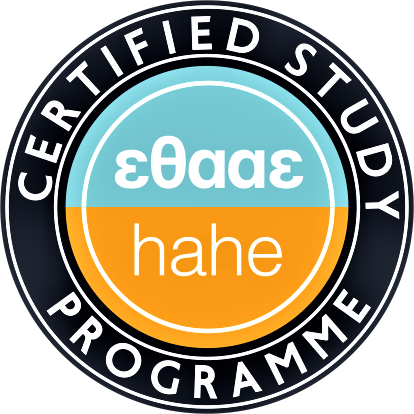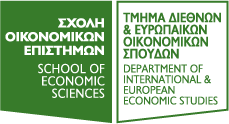Financial Accounting
NUMBER OF CREDITS ALLOCATED: 6 ECTS
Course content
The course comprises the following sections:
1. Basic accounting concepts within International Financial Reporting Standards (IFRS)
2. Statement of financial position - balance sheet
3. Statement of comprehensive income, statement of changes in equity, notes
4. The function of the accounting cycle and the main accounting records (journal, general ledger)
5. Analysis of basic accounting events and of their consequences on the accounting equation, recording of journal, adjusting, and closing entries, preparation of trial balances
6. Introduction to accounting for depreciation, inventory and accounts receivable
Learning outcomes
Upon successful completion of the course, the students will be able to understand basic accounting concepts and prepare simple forms of financial statements by applying the International Financial Reporting Standards (IFRS) [statement of comprehensive income, statement of changes in equity, statement of financial position – balance sheet, notes]. Students should also be able to understand the function of the accounting cycle and the use of the main accounting records (journal, general ledger), analyze basic accounting events and their consequences on the accounting equation, record journal, adjusting, and closing entries, and prepare trial balances. They should also have a basic understanding of methods used when accounting for depreciation, inventory and accounts receivable.
PREREQUISITES: None
RECOMMENDED READING MATERIAL:
- Ballas and Hevas 2022, Accounting: Financial References according to Greek and International Standards. Benou Publishers.
TEACHING METHODS: Lectures that combine the theoretical analysis of accounting concepts with the practical application and the solution of multiple problems and exercises.
ASSESSMENT METHODS: Final exam: 100%
The exam comprises 4 problems, which are based on the course’s material.
LANGUAGE OF INSTRUCTION: Greek





